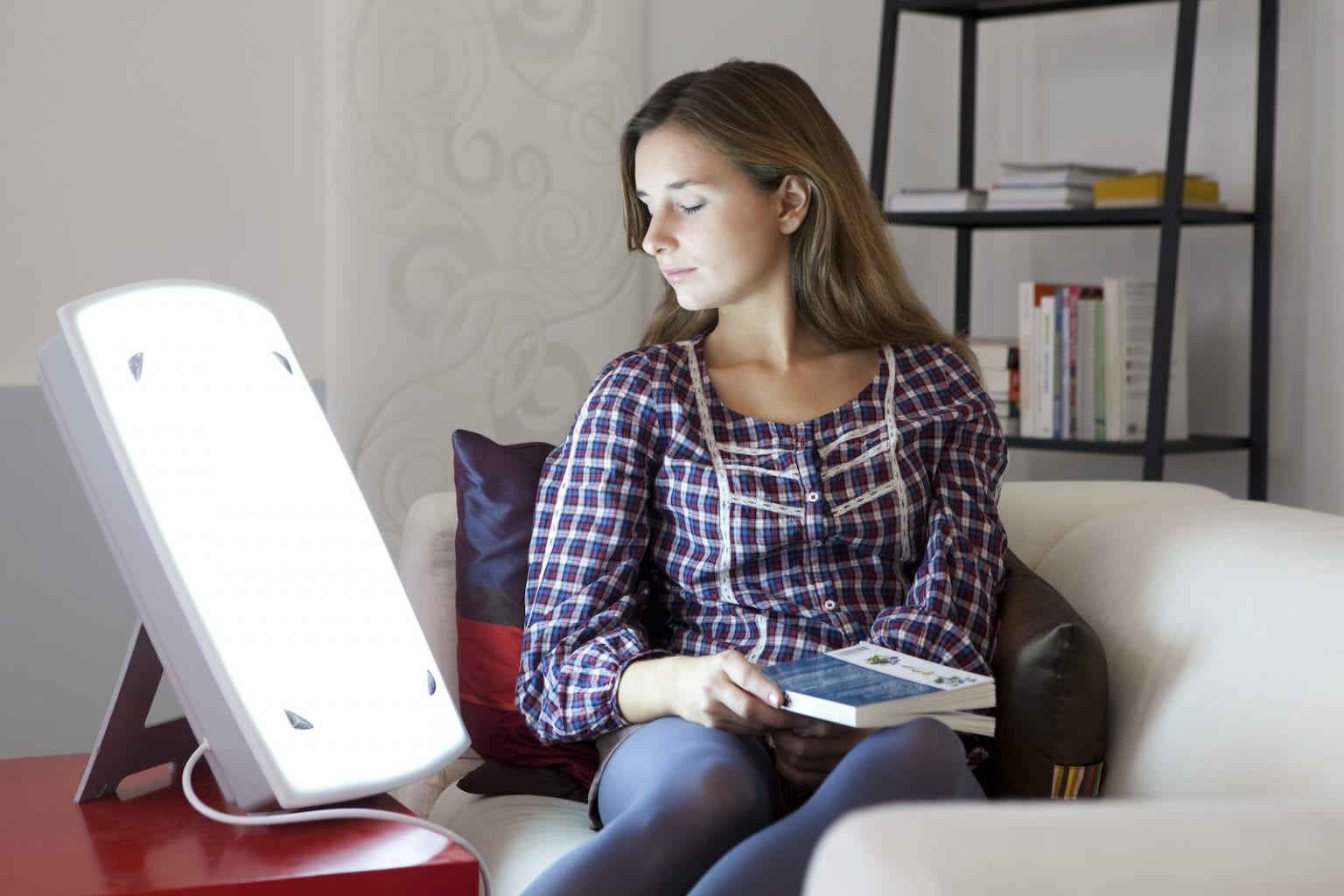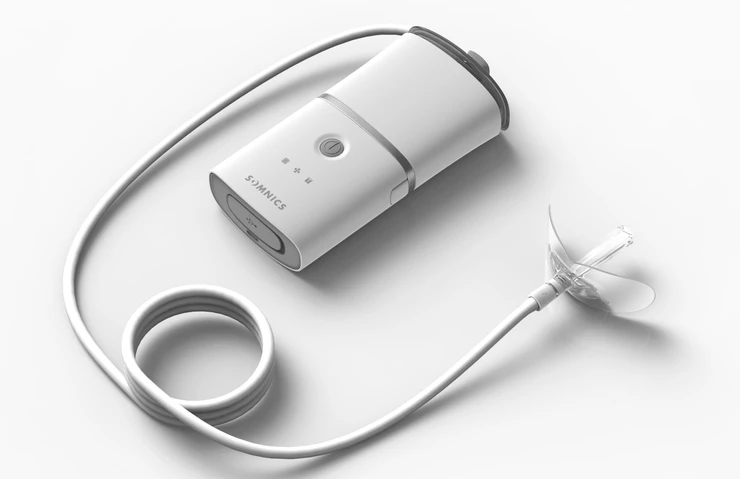Reliable Therapy Solutions for Handling Sleep Disorders and Enhancing Peaceful Rest
In the world of health care, the administration of rest conditions and the mission for peaceful rest are crucial parts of total wellness. Effective therapy solutions provide a complex strategy to deal with these obstacles, ranging from cognitive behavior interventions to alternative techniques that promote leisure and mindfulness. The exploration of numerous strategies, consisting of the combination of medication and light therapy, opens up a realm of possibilities in the search of better rest quality. As we navigate the elaborate landscape of sleep conditions and seek to enhance our rest experience, a much deeper understanding of these therapy solutions may hold the trick to opening a more relaxing and meeting corrective trip.
Cognitive Behavior Therapy for Sleeplessness (CBT-I)
Cognitive Behavior Modification for Sleep Problems (CBT-I) is a structured, evidence-based therapy approach that concentrates on addressing the underlying factors adding to rest disruptions. This kind of therapy aims to change actions and thoughts that aggravate insomnia, ultimately advertising healthy rest patterns. CBT-I normally includes several vital elements, consisting of cognitive treatment, rest limitation, stimulus control, and sleep health education.
Cognitive treatment assists people recognize and change negative idea patterns and beliefs about sleep that might be impeding their ability to fall or remain asleep. Rest constraint involves limiting the amount of time spent in bed to match the person's actual sleep period, consequently boosting rest performance (insomnia counseling). Stimulation control techniques aid develop a strong organization between the bed and sleep by encouraging people to visit bed only when sleepy and to prevent involving in boosting activities in bed
Additionally, rest hygiene education concentrates on creating healthy and balanced rest routines, such as maintaining a regular rest routine, producing a relaxing bedtime regimen, and optimizing the sleep setting. By dealing with these elements comprehensively, CBT-I supplies an efficient non-pharmacological intervention for taking care of sleep problems and improving general sleep quality.
Rest Hygiene Practices
Having developed the foundation of cognitive restructuring and behavioral adjustments in addressing insomnia via Cognitive Behavior modification for Sleep Problems (CBT-I), the emphasis now changes towards exploring necessary Sleep Hygiene Practices for keeping optimal rest high quality and total well-being.
Rest health techniques include a range of routines and ecological elements that can considerably affect one's ability to sleep and remain asleep throughout the night. Regular sleep and wake times, developing a relaxing bedtime routine, and enhancing the sleep setting by maintaining it dark, silent, and cool are important components of excellent sleep health. Limiting exposure to screens before bedtime, staying clear of energizers like high levels of caffeine close to bedtime, and taking part in regular physical task throughout the day can also advertise far better sleep high quality.
In addition, exercising relaxation methods such as deep breathing exercises or reflection before bed can assist soothe the mind and prepare the body for rest. By incorporating these rest hygiene methods into one's daily routine, individuals can establish a healthy and balanced sleep pattern that sustains relaxed rest and overall health.
Relaxation Strategies and Mindfulness
Carrying out relaxation strategies and mindfulness methods blog here can play a crucial duty in promoting a sense of calm and advertising quality rest. Additionally, guided images can help transfer people to a calm place in their minds, aiding in anxiety decrease and boosting sleep quality.
Mindfulness techniques, such as meditation and yoga, are also effective in promoting relaxation and boosting rest. Mindfulness encourages individuals to remain present in the minute, releasing bother with the past or future. By integrating these methods right into a bedtime routine, people can signal to their bodies that it is time to prepare and relax for sleep. In general, incorporating leisure techniques and mindfulness techniques can dramatically add to managing sleep conditions and enhancing total rest high quality.

Medicine Options for Rest Disorders
After exploring relaxation strategies and mindfulness methods as non-pharmacological interventions for enhancing rest quality, it is important to take into consideration medication choices for individuals with sleep conditions. In situations where lifestyle adjustments and treatment do not give enough relief, medicine can be an important device in managing rest disruptions.
Commonly suggested medicines for rest disorders consist of benzodiazepines, non-benzodiazepine hypnotics, antidepressants, and melatonin receptor agonists. Benzodiazepines, such as diazepam, are sedatives that can help induce sleep, but they are typically advised for short-term usage because of the threat of dependancy. Non-benzodiazepine hypnotics like zolpidem are also utilized to deal with sleeping disorders and have a reduced danger of dependence contrasted to benzodiazepines. Antidepressants, such as trazodone, can be advantageous for individuals with co-occurring anxiety and sleep disruptions. Melatonin receptor agonists, like ramelteon, target the body's all-natural sleep-wake cycle and can be handy for managing sleep patterns.
It is vital for people to talk to a doctor to figure out the most proper medicine alternative based on their details sleep problem and case history.
Light Treatment for Circadian Rhythm Policy
Light treatment, likewise understood as phototherapy, is a non-invasive treatment technique made use of to regulate body clocks and improve sleep-wake cycles. This treatment entails direct exposure to bright light that resembles natural sunshine, which aids to reset the body's biological rhythm. By exposing people to details wavelengths of light, commonly in the morning or continue reading this evening depending on the preferred sleep doctors impact, light therapy can effectively adjust the circadian rhythm to promote wakefulness throughout the day and enhance relaxed sleep during the night.
Study has actually revealed that light therapy can be especially useful for individuals with body clock conditions, such as delayed sleep stage syndrome or jet lag. It can also be helpful for those experiencing seasonal affective condition (SAD), a kind of clinical depression that normally happens throughout the cold weather when natural light exposure is decreased. Light therapy is normally well-tolerated and can be used along with various other therapy methods for rest disorders to enhance results and enhance overall rest high quality.
Conclusion
To conclude, effective treatment options for handling rest conditions and enhancing peaceful sleep consist of Cognitive Behavioral Treatment for Sleeplessness (CBT-I), sleep hygiene practices, leisure strategies and mindfulness, medicine options, and light treatment for body clock policy. These techniques can assist people enhance their rest quality and total health. It is crucial to speak with a health care copyright to determine the most ideal strategy for dealing with sleep concerns.
As we navigate the complex landscape of sleep disorders and seek to improve our sleep experience, a deeper understanding of these therapy services might hold the secret to unlocking an extra rejuvenating and fulfilling corrective trip.
Rest limitation includes restricting the amount of time invested in bed to match the individual's real sleep duration, consequently boosting sleep efficiency. Consistent rest and wake times, producing a relaxing bedtime routine, and enhancing the sleep environment by maintaining it dark, peaceful, and cool are essential parts of good sleep health. Light therapy is typically well-tolerated and can be utilized in conjunction with various other treatment approaches for sleep conditions to optimize outcomes and boost overall sleep quality.
